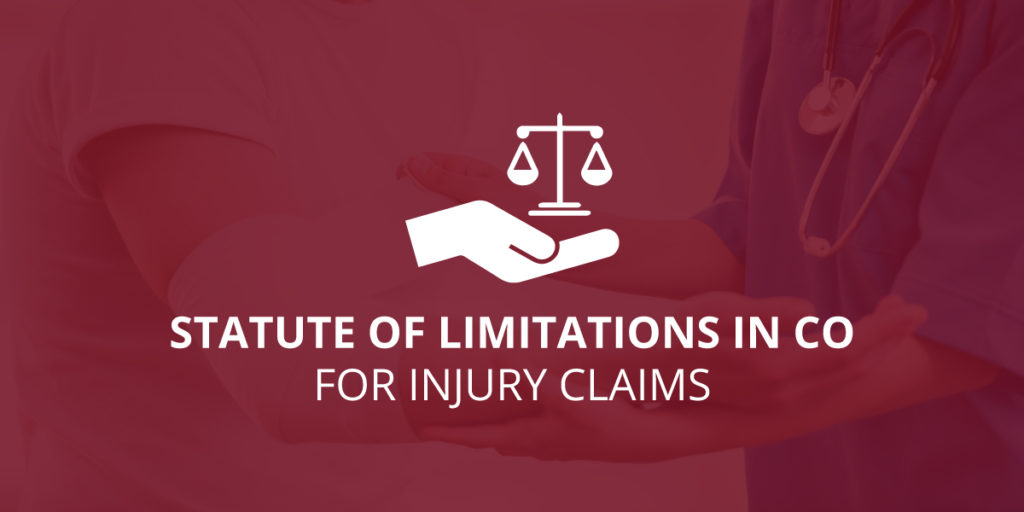At Donaldson Law, LLC, our Denver personal injury attorneys represent clients throughout Colorado who have been hurt or lost a loved one to negligence.
For many injury victims and their families, the insurance representative is the greatest obstacle in seeking compensation from the liable party’s insurance company following an accident. This is because insurance companies have long-standing tactics and protocols that require their agents to delay, undervalue, and deny claims as soon as they are submitted.
Other times, the adjuster is not who is standing in the way of full recovery. Every Colorado insurance policy has a limit of maximum liability, which restricts the amount an insurance company can pay to injury victims — no matter how catastrophic their injuries or recovery needs.

These limits can significantly impact our client’s personal injury recovery options.
Here is why.
What are the Colorado Vehicle Insurance Policy Requirements?
Colorado requires all drivers to have minimum insurance coverage for each vehicle.
The minimum coverage includes:
- $25,000 for bodily injury or death to any one person in an accident.
- $50,000 for bodily injury or death to all persons in any one accident.
- $15,000 for property damage in any one accident.
The state requires these minimum coverages, but higher ranges may be purchased.
What Happens If My Injuries and Overall Recovery Needs Exceed the At-Fault Driver’s Policy Limits?
Colorado law provides increased protection for individuals injured in a car accident by a negligent, uninsured, or underinsured motorist. If you were injured in a car accident due to the negligence of an underinsured or uninsured motorist and carry uninsured/underinsured motorist coverage, your automobile insurance may cover damages over the other party’s insurance policy limits or lack of coverage.
What About Personal Injuries that Occur on Public or Private Property?
If a customer is hurt while lawfully visiting a commercial business in Colorado — including grocery stores, restaurants, retail outlets, and other industries — the company’s general liability insurance can help pay for their damages.
Although most commercial leases require this coverage, all Colorado businesses do not require commercial liability insurance. If the company where you were injured does not have general liability coverage and you were injured because of dangerous premises, it may be possible to pursue the property owner for your damages.
If you were injured on private property, like someone else’s home or other premises, you may be eligible to pursue their homeowner’s insurance coverage — or another personal property insurance policy — for your damages.
Colorado does not require homeowner’s insurance by law, but if the home is financed, a lender may require the individual to have a homeowner’s insurance policy.
Contact Our Skilled Personal Injury Lawyers Today
If you are unsure who is liable for your injuries or which type of insurance coverage can be pursued for your damages, contact our skilled personal injury lawyers in Denver at Donaldson Law, LLC by calling (720) 458-5000 or contact us online to schedule a free, confidential consultation to discuss your case.
We can help you understand which personal or commercial insurance coverage can be pursued for your unique incident and injury circumstances.


